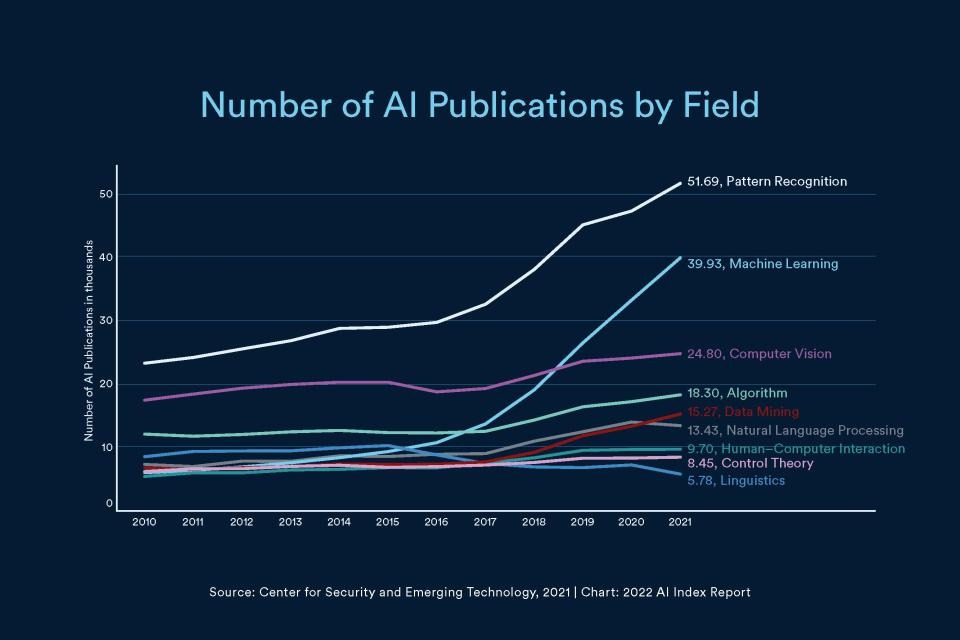
July 22, 2024 — The landscape of customer service has undergone a significant transformation in 2022, thanks to groundbreaking advancements in artificial intelligence (AI) chatbots and virtual assistants. With remarkable improvements in natural language processing (NLP), these AI-driven tools have become more adept at delivering seamless and human-like interactions, reshaping how businesses engage with their customers.

Advancements in Natural Language Processing
One of the most notable changes in 2022 has been the leap forward in NLP technology. AI models, spearheaded by companies such as OpenAI and Google, have made considerable progress in understanding and generating human language. This enhancement has led to more accurate comprehension of context, allowing chatbots to respond in a way that feels natural and conversational.
Increased Personalization and Integration
This year also saw a surge in the ability of chatbots to offer personalized experiences. Advanced algorithms have enabled these digital assistants to analyze user data and tailor responses accordingly, improving the relevance and engagement of interactions. Furthermore, the integration of AI chatbots with various platforms—such as CRM systems and social media channels—has created a more cohesive customer service experience.
Emotional Intelligence: A New Frontier
Another significant development is the improvement in emotional intelligence among AI chatbots. Modern chatbots can now recognize and respond to emotional cues, such as customer frustration or satisfaction. This capability allows for more empathetic interactions and ensures that issues are escalated to human agents when necessary, contributing to a more nuanced customer service approach.
Impact on the Customer Service Industry
The advancements in AI chatbot technology have had a profound impact on the customer service industry:
- Enhanced Efficiency: By automating routine tasks, AI chatbots have increased operational efficiency, allowing human agents to focus on more complex issues. This has led to faster resolution times and improved productivity.
- Round-the-Clock Support: The ability of AI chatbots to provide 24/7 customer support has eliminated the constraints of business hours, ensuring customers receive assistance whenever they need it.
- Cost Efficiency: Businesses have realized significant cost savings by implementing AI chatbots. Automation of repetitive tasks has reduced the need for large customer service teams, resulting in lower operational costs.
- Improved Customer Satisfaction: The combination of enhanced personalization, efficiency, and emotional intelligence has led to higher levels of customer satisfaction. Customers now enjoy quicker, more accurate, and empathetic responses.
Looking Forward: The Future of AI Chatbots
As we look ahead, the future of AI chatbots and virtual assistants promises even greater innovations. With continued advancements in NLP, integration with emerging technologies, and improvements in emotional intelligence, AI chatbots will play an increasingly vital role in delivering exceptional customer service.
In conclusion, 2022 has been a pivotal year for AI chatbots, marking a new era in customer service with more intuitive, efficient, and empathetic interactions. Businesses that leverage these advancements are set to enhance their customer engagement and maintain a competitive edge in the evolving market.
For more technology news and updates, visit Electportillo.com.



